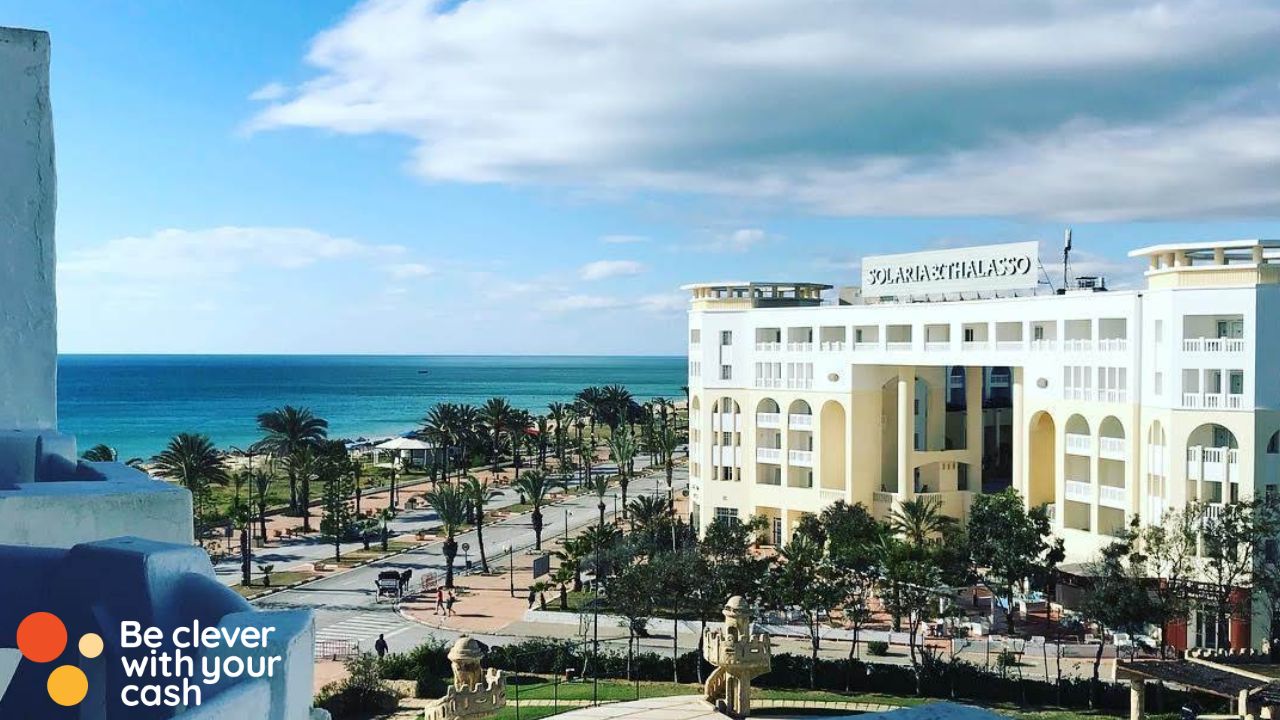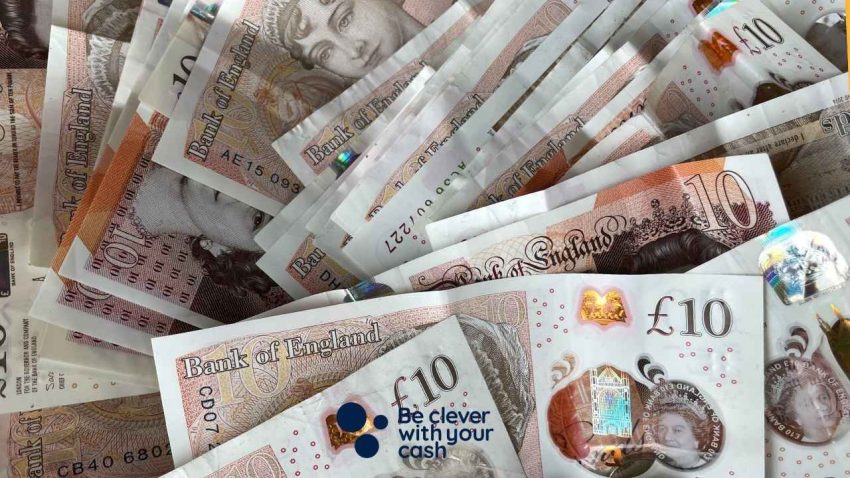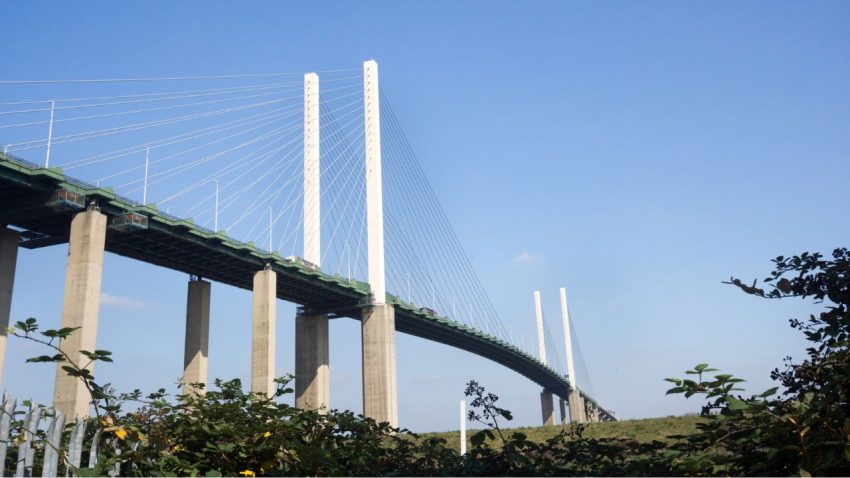When you’re on holiday, the last thing you want is to be hit with extra fees you weren’t expecting.
Here are some of the most common hidden charges you might come across when booking your accommodation or once you’ve arrived – and some unusual ones you hopefully won’t face.

Some articles on the site contain affiliate links, which provide a small commission to help fund our work. However, they won’t affect the price you pay or our editorial independence. Read more here.
Tourist tax
If you’re travelling in popular tourist destinations, such as Spain, France and the Caribbean, you’ll have to pay an extra fee, on top of your booking cost, when you get to your accommodation. This includes hotels, B&Bs and campsites.
The tax is usually charged per occupied bed or room, per night, and is taken by the hotel on behalf of the government. It can be set at a flat rate or a percentage of the price of the room, and may be different depending on the time of year, the type of accommodation or the municipality. Children may be discounted or exempt.
The fee in France depends on the city but is typically between €0.65 (for a basic campsite) to around €11 a night (for a five star hotel). This would be about 56p to £9.50. Italy’s taxes generally range from €1 to €5 (around 85p to £4) a night, depending on where you stay.
Most of the Caribbean islands charge a tourist tax between £11 and £38 which may be requested at your accommodation or as a departure fee.
Barcelona’s recently increased the charges for tourists. As of April 1 2024, visitors must pay a €3.25 (around £3) municipal fee on top of tourist tax. So if you’re staying in a five-star hotel you’d pay €6.75 per night (around £6) or €4.95 a night (around £4) if you’re in a four-star hotel. This goes up to €4 (£3.45) a night in October and could go up to €8 a night (about £7) from 2029.
Utilities
Some properties will charge guests extra to cover the cost of electricity during their stay. It’s controversial and not all that common, but you may come across it especially in timeshares or some rentals.
If energy isn’t included in the price, it should be set out in the small print.
Be Clever with Your Cash’s senior writer, Zoe, had to pay an extra €40 (£34) for electricity for her two week stay at The Macdonald Dona Lola resort in Spain.
She knew about the charges as she’d read the welcome booklet which said: ‘All accommodation is independently metered. The electricity you use will be charged to your account prior to departure, together with a small standing charge.’ However Zoe says lots of the guests hadn’t realised.
Resort fees
These seem to be more common in America where hotels charge for lots of different services on top of the room rate and taxes.
Resort fees can go by other names such as a destination fee, administrative fee, cleaning fee or utility fee. They usually cover amenities such as wi-fi or gym access, but they’re not optional. You have to pay them even if you don’t use the services.
For example, The Hilton New York Times Square, charges a resort fee of around $40 (about £30) per night. On Expedia, it says this includes ‘additional inclusions, in-room bottled water, phone calls and sporting facilities or equipment’.
However, if you’re a member of its reward scheme, Hilton Honours, you’ll not pay resort fees for Reward stays if you book using your points.
You can check if your hotel has resort fees using this online checker.
Many UK booking sites have got better at including these in the price you see listed, though you won’t pay them until you reach your destination.
Cleaning extras
Years ago I was hit with an unexpected cleaning fee when I arrived at an apartment I’d booked in Barcelona. It hadn’t been in the terms and conditions and I was eventually refunded after I complained.
It’s not happened since and most hotels include the cost of cleaning your room in the price, unless you make a mess.
But it’s an extra cost if you book on Airbnb – and it can really add up. For example, four nights in a three-bed beach apartment in Mataro, Spain costs £897. This includes a £76 cleaning fee and £178 service fee which makes up 28% of the total price.
Mini-bar bill
We all know if you help yourselves to drinks and snacks from the mini-bar you’ll be paying way over the odds. But some hotels charge you for just removing them from the fridge.
The Venetian Hotel in Las Vegas states in its terms and conditions that: ‘Movies, snacks, and beverages from mini-bars are available for purchase. Fees will apply to your guest account as soon as they are removed from the refreshment centre.’
Some fridges seem to be fitted with sensors which is why the charges are applied as soon as you move the items within it. I’ve also seen reports of guests being charged for simply using the fridge to store their own items.
Get the best of our money saving content every week, straight to your inbox
Plus, new Quidco customers get a high paying £18 welcome offer

Luggage storage
If you’ve got some time before hotel checkout and your flight, you don’t want to be lugging your bags around with you until you need to leave.
Every hotel I’ve stayed in was able to store my luggage for free so I was able to have my final wander about town without being weighed down.
However, they don’t all do this. For example, the self-service Travelodge in St Alban’s doesn’t have luggage storage, instead it says you can pay £10 for a later checkout time.
Card charges
If you’re paying by card for your holiday accommodation, make sure you’re charged in the local currency – so sterling if you’re still in the UK.
If you’re billed in, say euros, you’ll be charged a foreign transaction fee which is usually around 3% and you’ll get a rubbish conversation rate too.
Of course, you’re a savvy bunch and no doubt have a specialist fee-free card to use in those situations. But you might still get caught out when using UK booking sites.
Though you’ll see the price you pay listed in pounds (if that’s the currency you selected) when choosing your room, that can sometimes switch to the local currency at checkout. Use the wrong card and you’ll get hit with those extra charges.




